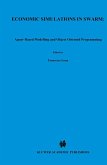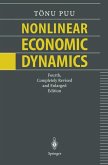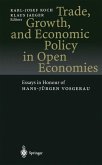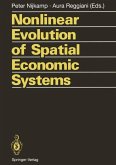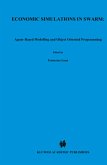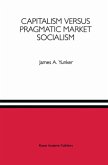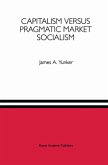In traditional economics models of perfect competition agent's interactions are all mediated through the market. Interactions are anonymous, global and indirect. This is a powerful model, but we see many instances in which one, and sometimes all, of the previous characteristics fail to hold true. The type of agent you are, or your identity, can affect the type of interaction we have, and most sureley the relationship between micro-behaviour and macro phenomena in non-trivial ways. This book contains a selction of papers presented at the 6th Workshop on Economics with Heterogenous Interacting Agents (WEHIA). The contributions show that work done in other fields like evolutionary biology, statistical mechanics, social network theory and other help to understand the way in which also economic systems operate. Virtually all of the papers presented in this volume draw on some aspect or other of these varied approaches to related problems.
From the reviews:
"This volume is a collection of papers presented at the sixth annual Workshop on Economics with Heterogeneous Interacting Agents (WEHIA) that was held in Maastricht. ... A nice aspect of this ... book is that at several points the reader gets a direct comparison of substantially different approaches to develop models that deal with similar economic issues. ... Overall, this is a very interesting and useful book. The editors have been successful in attracting a strong group of active and original contributors ... ." (Herbert Dawid, Journal of Economic Behavior and Organization, June, 2005)
"This volume is a collection of papers presented at the sixth annual Workshop on Economics with Heterogeneous Interacting Agents (WEHIA) that was held in Maastricht. ... A nice aspect of this ... book is that at several points the reader gets a direct comparison of substantially different approaches to develop models that deal with similar economic issues. ... Overall, this is a very interesting and useful book. The editors have been successful in attracting a strong group of active and original contributors ... ." (Herbert Dawid, Journal of Economic Behavior and Organization, June, 2005)


